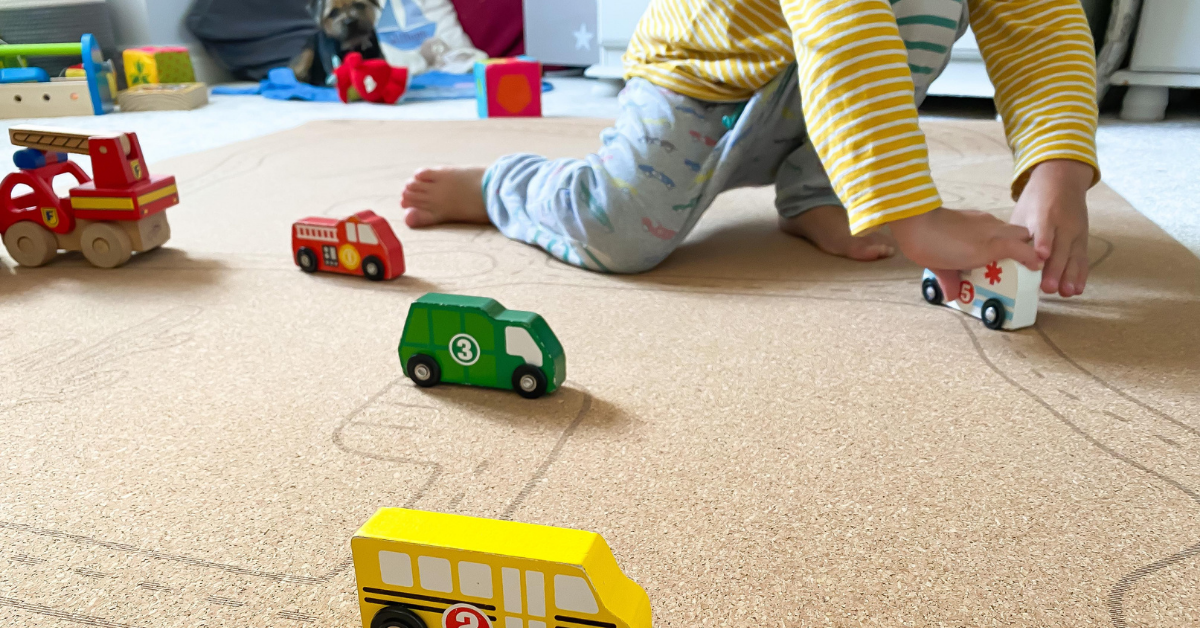
A step-by-step guide to a career in childcare

*Collaborative Post
The early years in a child’s life are some of the most important when it comes to their development. You’ll be able to support that development when you pursue a career in childcare, teaching and engaging the children through play and educational tasks. Working in childcare will allow you to assume a role that tests you, is exciting and gives you significant responsibility. A role in childcare could also be a great stepping stone if you’re wanting to get into a career in the education sector since there are plenty of training opportunities that you could pursue.
If you’re interested but aren’t sure where to start, here’s a step-by-step guide to a career in childcare.
Step 1: Assess whether you have the right skills
It goes without saying that in order to be a childcare worker you’re going to have to love spending time with children. However, this alone is not sufficient to be successful in this career and you’ll need to display a range of specific skills in order to provide the children with an excellent level of care. You’ll need to be:
- Caring
- Patient
- Creative
- Imaginative
- A great listener and communicator
- Calm in noisy or challenging situations
- Good at problem solving
- Trustworthy
- Reliable
- A great team player
- Observant
Step 2: Consider the different childcare settings
There are many different childcare settings that you could work in and your choice may be based upon their opening times and the level of experience and qualifications that they require you to have. Here are two examples:
Day nurseries
A day nursery is typically a privately run service that cares for babies aged six weeks old, right up to children of five years old (pre-schoolers). You may choose to work in an independent day nursery, or a chain like Kiddi Caru. There are strict guidelines that these establishments have to abide to and they are regularly inspected by local Health and Social Care Trusts. Day nurseries may also be run by your local authority to cater to parents who can’t afford private childcare.
Most day nurseries are open from 8am to 6pm, accommodating working parents. Since many day nurseries operate shifts, you may be able to work flexible hours, fitting work around your own commitments.
Playgroups
Playgroups are usually run by voluntary and community groups, taking place in public spaces like church halls, schools or community centres. Because of the fact that this service is usually voluntary, opening hours are usually limited to around three hours, usually catering for children from birth to aged four years. This is a great option if you’re wanting to gain experience and work shorter hours before you throw yourself into studying for childcare qualifications.
Step 3: Assess the qualifications and training you’ll need
If you aspire to progress up the childcare career ladder, you’ll have to seek out training or gain some qualifications. This will improve your chances of securing a role where you have more responsibility, such as a nursery supervisor or manager.
Don’t worry, you don’t need qualifications when you’re getting started in the childcare sector, since you could start out as a nursery assistant. In this role, you’ll be able to gain the experience that you’ll need to pursue further training and work your way up as a childcare worker.
So, now that you know what you should consider before you apply for a career in childcare, do you think it’s the career for you? If you think you’re well suited to the role, there’s no better time to apply, since there’s currently a high level of demand for childcare workers now that parents are returning to work. Apply now and begin a career that you’ll love!
*This is a collaborative post. For further information please refer to my disclosure page.




